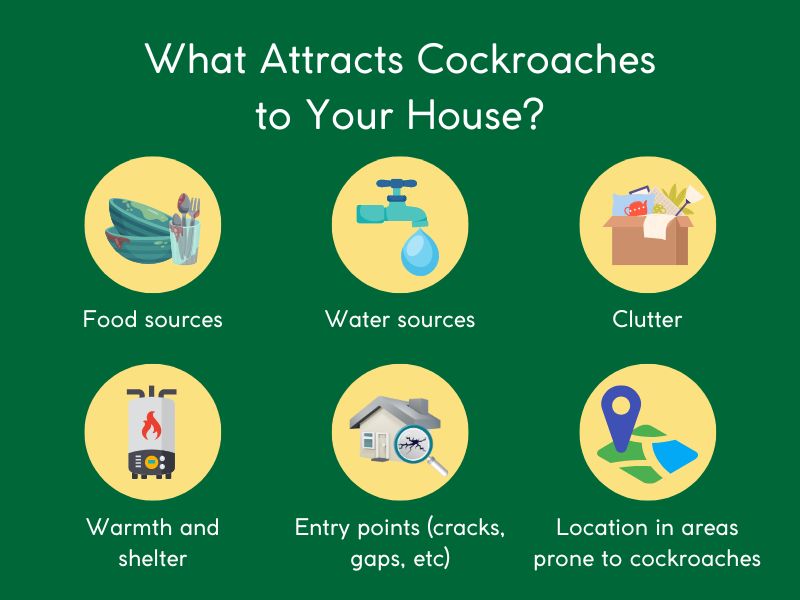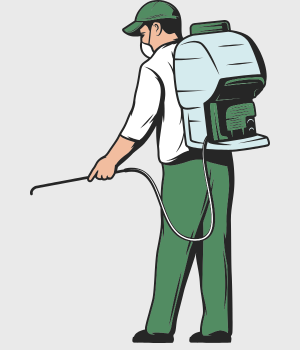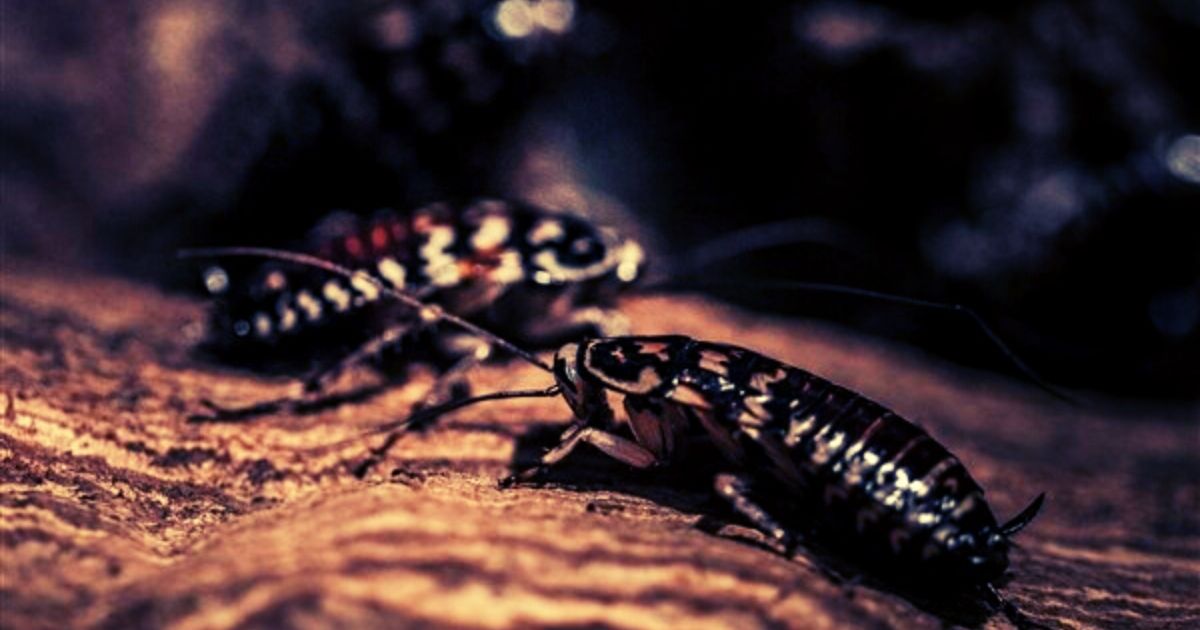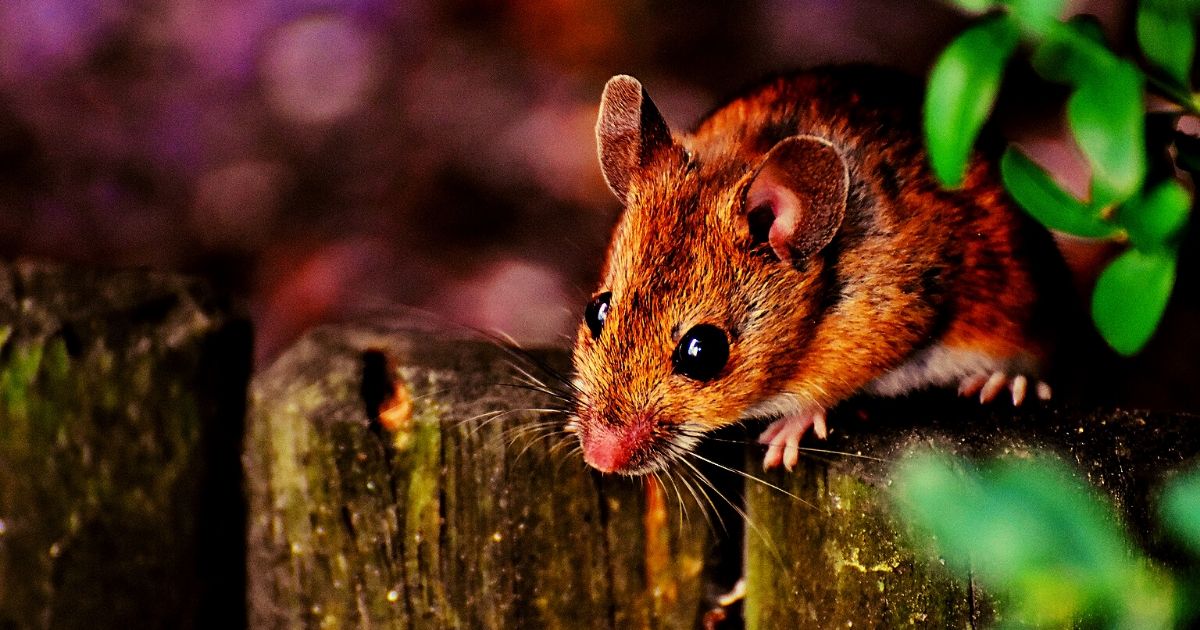What Attracts Cockroaches to Your Home

Cockroaches have been around in our homes for many centuries, adapting and surviving in various environments. They are often associated with filth and dirt, but what really attracts these unwanted guests to our houses? With this knowledge, you’ll be better prepared to take proactive measures to keep cockroaches away and maintain a pest-free living environment.
What Attracts Cockroaches the Most?
There are certain factors that make your home more attractive to cockroaches, including:
- Dirt and clutter
- Odors, particularly those associated with food
- Garbage cans and scent of rotting food and other organic matter
- Moisture
- Warmth

What Attracts Cockroaches to Your House?
Cockroaches are a common household pest that can bring annoyance and be a potential health hazard. Many people assume that if they keep their homes clean and tidy, they won’t have to worry about a cockroach infestation. However, even a spotless home can be attractive to cockroaches. Here are a few factors that can attract cockroaches to your house:
Food Sources. Cockroaches are attracted to any kind of food, including crumbs, grease, and food scraps. Even a small amount of food can be enough to attract cockroaches, so make sure to store food in sealed containers and keep your kitchen and dining area clean.
Water Sources. Cockroaches need water to survive, and naturally they are attracted to moisture. This can include leaky pipes, dripping faucets, and standing water in your sink or shower. To keep cockroaches away from your home, fix any leaks and prevent moisture with proper ventilation in your home.
Clutter. Clutter, like piles of papers or boxes, provide the perfect hiding place for cockroaches. This is why it is important to keep clutter to a minimum and get rid of any unwanted items.
Want to find out more about cockroach removal in Singapore?

Warmth and Shelter. Cockroaches are also attracted to warm and humid environments, and any dark and damp areas that provide shelter (e.g. basements, crawl spaces, and bathrooms). They can also appear near your heating system, radiators, or appliances that generate heat. Make sure you keep these areas clean and dry to prevent cockroach infestations.
Entry Points. Cockroaches can enter your home in search of food and shelter through even the tiniest of cracks or gaps around windows and doors, or in foundations. Make sure to seal any gaps or cracks and install door sweeps on all exterior doors.
Location. Some areas are simply more prone to cockroaches than others. If you live in these areas you can expect to see cockroaches even if your house is clean and spotless.
What Smells Attract Roaches?
Cockroaches are attracted to a variety of strong odors, particularly those associated with food. The following are some of the smells that can attract cockroaches to your home:
- Food odors, especially sweet and starchy food. The scent of cooking oils, sauces, and spices can also attract these pests.
- Garbage odors, like smell of rotting food and other organic matter, which is often found in garbage cans.
- Pet odors, like the smell of pet food, as well as the scent of urine and feces.
- Dirty dishes that are left in the sink can attract cockroaches due to the smell left by food.
- Musty odors caused by moist and humid environments. Basements, crawl spaces, and bathrooms are common areas where these smells can occur.
Pro Tip: When you notice the first signs of cockroaches in your home, take action promptly before the infestation becomes a bigger problem.
Common Places to Find Cockroaches in Your Home
Since cockroaches are attracted to various sources, they can be found in various areas of your home, including:
- Kitchen, as it provides easy access to food and water. They can for example be hiding in furniture, under the sink, behind appliances.
- Bathroom, as it can be a source of moisture and warmth for cockroaches. They can often be found in drains, behind the toilet, and under the sink.
- Basement, as it provides dark and humid environment. Cockroaches can be found hiding in boxes, cluttered areas, and around pipes and drains.
- Attic: cockroaches can enter through small cracks and gaps, and are attracted to the warmth and humidity in the attic.
- Laundry room: cockroaches can be found hiding in piles of dirty clothes or in the washing machine, as it offers a damp and warm environment for them.
- Garage: cockroaches are attracted to clutter and darkness and can hide in boxes, tools, and other items.
If you notice cockroaches in your home, it’s important to take action promptly to prevent an infestation. Contact a pest control professional to identify the source of the problem and develop a treatment plan to eliminate the cockroaches from your home.

Pest Problem? Let Us Help.
We offer fast and effective precision treatments to eliminate pests while ensuring a safe environment for your home or business.
Keeping Cockroaches Away from Your Home
Even clean homes can attract cockroaches if the right conditions are present. By knowing what factors attract cockroaches, you can take the necessary steps to prevent future infestations. If your cockroach problem is out of control and you need help, contact Killem Pest and our pest control professionals will handle the issue.
Author: Soleha Nisaa
Frequently Asked Questions
Cockroaches are scavengers and are attracted to a wide variety of food sources, including crumbs, spills, pet food, garbage, and even organic materials like cardboard. Any accessible food residue can draw them in.
To prevent cockroach infestations, you should maintain good hygiene, promptly clean up spills and crumbs, seal cracks and crevices, fix leaks, store food in airtight containers, and reduce clutter.
Yes, some natural remedies include using essential oils like peppermint or cedar oil, placing bay leaves in cupboards, and using boric acid or diatomaceous earth in problem areas. However, these remedies might not be as effective as professional treatments.
If you’ve attempted preventive measures and still experience a cockroach problem, it’s advisable to contact a pest control professional. They have the expertise to identify the extent of the infestation and implement effective treatment strategies.






